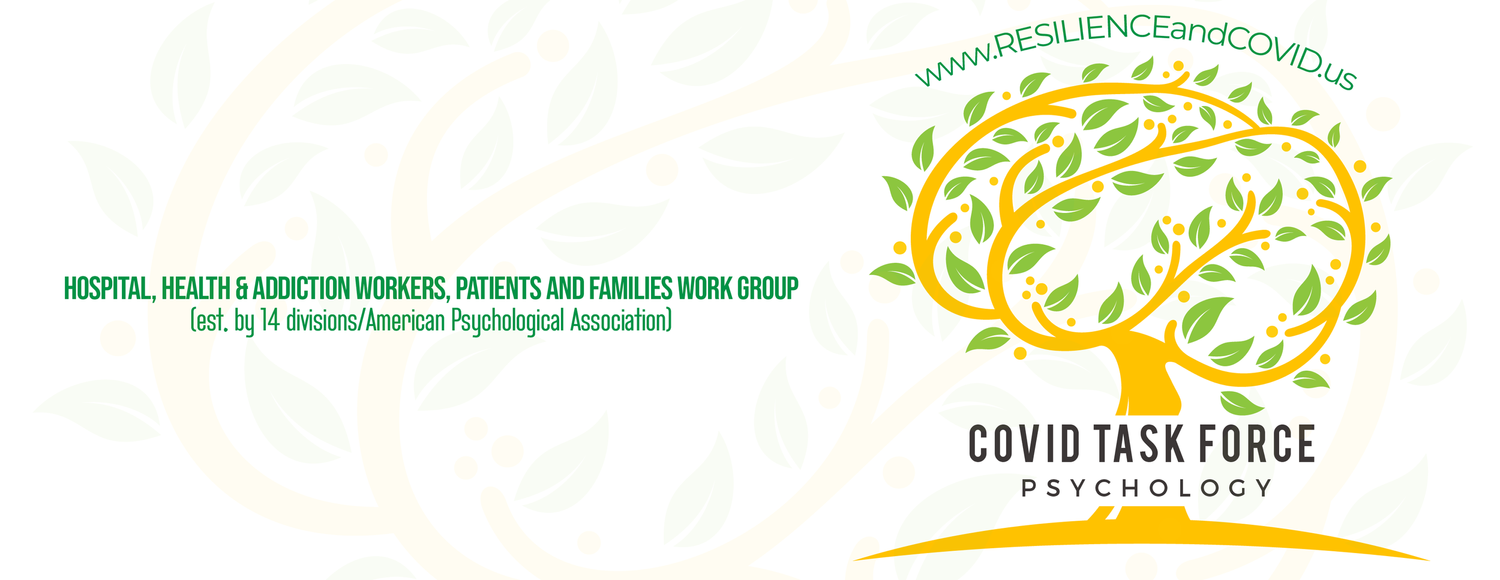The Collective Trauma of the Black Community in 2020
What are the implications for COVID vaccines?
The COVID pandemic has exposed uncomfortable truths within Black communities about systemic disparities and discrimination. When this is coupled with the worst pandemic in a lifetime, then what results is people in the Black community being scared to die from the pandemic and also, in some cases, scared to take the vaccine.
If we don’t help to build trust, many more families will not take the COVID vaccine and many more will be disproportionately impacted by the virus. The question is, how do we make the systems trustworthy?
Here are a few pragmatic steps that can be taken to partner with this community to begin to address the understandable fear they have towards the healthcare system. A fear grounded in factors such as a history of unspeakable experimentation on Black people and persistent disparities in the healthcare system.
How to address the fears?
First, there need to be courageous conversations at the local, state and national levels about the historical and systemic disparity and discrimination afflicted on certain communities, even if it’s difficult to admit and certainly difficult for some to hear.
These conversations must happen in all communities, including in those where demographics are not diverse. In the absence of such conversations, discriminatory practices rooted in structural racism are more likely to continue.
Second, elevate the voices of credible and trusted messengers in all areas and in all professions.
Help them discuss the intersectionality of the mistrust of these systems alongside the fact that it is important that communities trust science to help the community and the nation collectively emerge from this public health crisis.
This is probably the most arduous task. It will require orchestrated, substantial and sustained partnerships between systems, community leaders and advocates to help make the strides necessary to build the required levels of trust. It will also require a depth of intellectual and programmatic strategy never witnessed before, since this pandemic has placed the nation in unchartered territory.
Lastly, it will require financial resources that make the statement that this nation is finally willing to tackle once and for all the original sin of racism, which has resulted in and continues to result in profound pain and trauma for so many despite unimaginable advances as a society.
